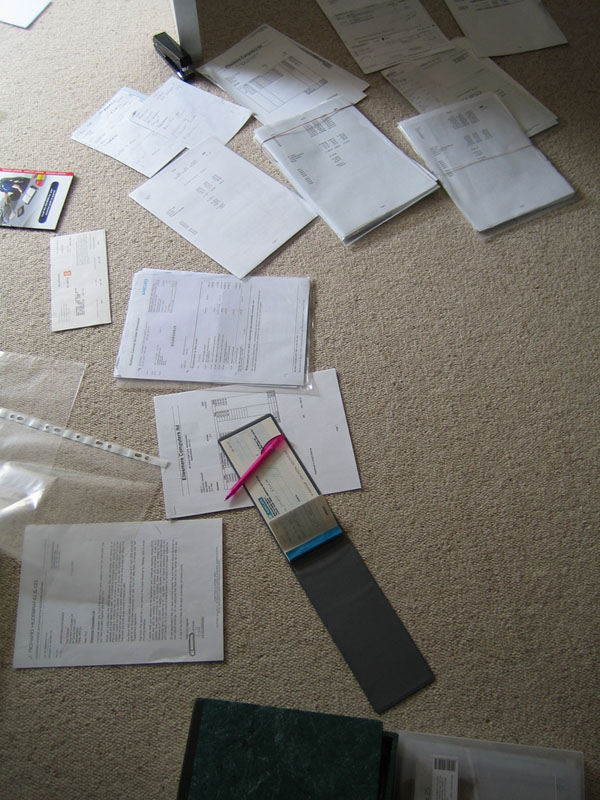

The division of property complicates many Ohio divorce cases. This is particularly true when a couple has accumulated a high net worth over the course of their marriage, or when one or both people entered the union while possessing substantial assets. The mordant lament “More money, more problems” applies in part, but the difficulties often arise from errors committed by one or both partners.
The Columbus, Ohio, family law attorneys with E.F. Whipps & Associates have represented men and women in several high net worth divorces. These experiences have taught us to recognize the five most common mistakes a client can make to jeopardize their chances for achieving the best outcome. Brief descriptions of the errors follow.
Since we cannot share all our insights in a brief blog post, we invite anyone going through a high net worth divorce in Ohio to contact our Columbus offices to request an in-depth consultation. Appointments can be scheduled online or over the phone by calling (614) 461-6006.
Mistake #1. Failing to Fully Inventory Assets
Both the plaintiff — the partner who files the divorce petition — and the defendant should take every available legal step to create a complete record of jointly held assets, their own personal assets, and the assets held solely by their soon-to-be ex. Assets subject to division as part of a divorce include
When one spouse enters negotiations or court with an incomplete inventory of assets and their valuations, the other spouse gains an immediate advantage. Valuations of each asset are used to determine spousal support. Records of ownership are used, in part, to determine which spouse keeps items following the divorce. Many shared assets may need to be sold, with the proceeds being divided.
Mistake #2. Trying to Hide Assets
Ohio divorce laws require that both parties make full disclosure of all property and financial assets. Any intentional attempts to violate disclosure requirements can bring criminal charges and fines. You can read more about how to uncover hidden assets during a divorce here.
Mistake #3. Fighting for High-Value Assets
Taking possession of properties and financial assets following a divorce often incurs considerable expenses and taxes. This is especially true when it comes to a house and one-time transfers of cash and investments. Before fighting for valuable assets, a spouse must conduct an analysis of whether taking possession will cost more than it is worth, both in the short and long terms.
Mistake #4. Failing to Plan for Taxes
This is related to demanding high-value assets without doing sufficient planning. All divisions of property resulting from a divorce affect the tax status of the plaintiff and the defendant. Proper tax planning involves much more than budgeting to pay extra the following April. Structuring support payments, transferring accounts, and splitting retirement benefits all demand careful consideration if you want to avoid tax problems for years after the divorce papers are signed.
Mistake #5. Making Decisions Based on Emotions Rather Than Reason
Ending a marriage stirs up strong emotions. This is unavoidable, but spouses who resist the temptation to act on emotions stand a much better likelihood of succeeding in getting what they want in terms of property, assets, and support payments. For instance, insisting that you take possession of the antique cars “because he loves them” or the house because “it’ll kill her to live somewhere else” can cost a spouse a much more reasonable and appropriate asset. Relying on an empathetic, yet not emotionally involved, high net worth divorce lawyer in Columbus, Ohio, for advice and representation helps a man or woman reach clear-eyed decisions about issues raised during negotiations and court hearings.
July 28, 2014
Edward F. Whipps & Associates is excited to announce that on August 1, 2014, we will have a new and…
READ MORE >>